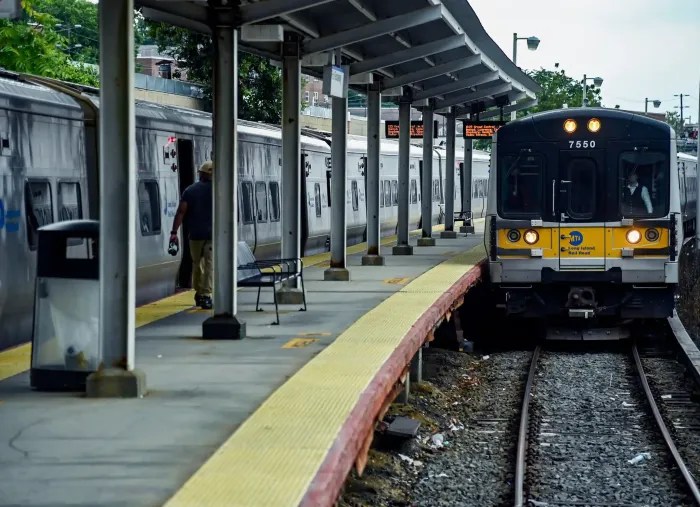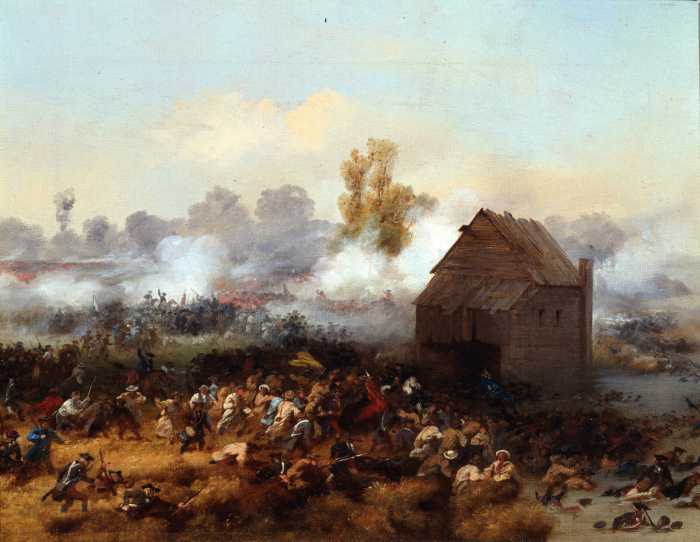President Donald Trump on Tuesday, Sept. 16, established an emergency board to step into stalled contract talks between the Long Island Rail Road and several of its unions, temporarily heading off the threat of a strike that could have begun at the end of the week.
The three-member panel, which takes effect Sept. 18, will investigate and issue recommendations within 30 days on the dispute between the railroad and five unions representing about half of the LIRR’s 7,000 unionized employees.
The unions include locomotive engineers, machinists, ticket clerks, signal workers and electricians.
The White House executive order followed a formal request made Monday by the unions, which under federal law requires the president to act.
Once an emergency board is created, neither side may alter existing conditions for 120 days, effectively blocking a strike until mid-January. A second board could extend that deadline into May if no agreement is reached.
The Metropolitan Transportation Authority, which oversees the LIRR, is pushing for a three-year contract with raises of 3% in each of the first two years and 3.5% in the third year, the same deal other MTA unions have accepted.
The problem, the union argues, is that the 9.5% package fails to keep up with soaring costs of living in New York City and on Long Island. While they have signaled willingness to accept the three-year terms, they are pressing for an additional fourth year with a 6.5% increase.
Metropolitan Transportation Authority officials did not respond to a request for comment.
Trump’s order calls for a chair and two members with no financial or organizational ties to the LIRR or its unions on the emergency board. The panel’s recommendations will be nonbinding, but they often form the basis for eventual settlements in commuter rail labor disputes.
The LIRR, the busiest commuter railroad in the nation, carries roughly 300,000 passengers each weekday between Long Island and New York City.































